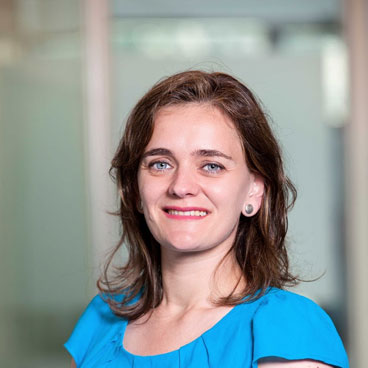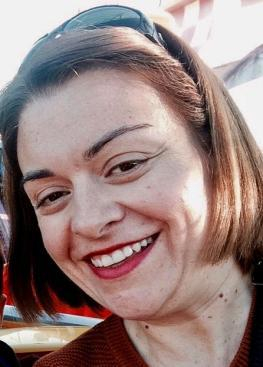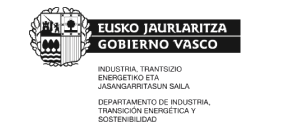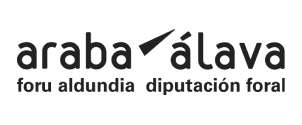Youth in the Basque Country continues to experience in a more intense way the effects derived from the financial crisis of 2008 that persists both in terms of increased difficulties in accessing housing and the labour market, as presented in a recent report prepared in the framework of the UPLIFT project. According to the Basque Youth Observatory (2022), Basque youth experience high unemployment rates, with one of the highest temporality rates in the EU and an average salary that does not allow them to pay an average housing price, either renting or buying, without compromising half of their income in the best-case scenario. Furthermore, and in relation to the values and attitudes of youth, the Observatory's report reveals that young people continue to participate in associations (43.9%) or perform volunteer work (11.5%), at the same level as in previous years; there is even a growing interest in politics and a desire to participate more actively in public affairs, an interest that has doubled in the last decade. However, from public administrations we do not have the perception that young people are involved when it comes to implementing participatory processes (urban agendas, participatory budgets and evaluation or co-creation of services, for example).
It would seem that some (youth) and others (public administration) walk along totally separate and disconnected paths, unable to see each other, recognise each other and think about shared problems and challenges.
So, what is the problem? Is it that young people are focusing their energies on overcoming the difficulties of their own personal development process rather than on public affairs? Is it that they are interested in public affairs, but do not know how to contribute? Or is it that public administrations do not bring to the public arena issues that do not affect the lives of young people or is it that we do not jointly analyse the challenges?
The answers are probably related to these aspects as well as many others. But in any case, there is an urgent need to connect these two paths. Breaking this circular paradox could be a change of strategy worth considering. The process of co-creation with young people for the improvement of urban housing policies developed in Barakaldo and in the framework of UPLIFT has allowed us to learn how to build participatory processes that generate positive changes in behaviour and attitude towards the participation of young people. And thus, make public affairs go hand in hand with young people. The article recently published by Orkestra identifies some critical aspects:
The first aspect addresses the need to support young people in sharing their experiences and opinions and to show them the value of this knowledge for the different phases of public policy design (from the identification and selection of the challenges and problems to be addressed, to the final implementation of the result, either in a new service or in its redefinition). In this sense, young people who have participated in UPLIFT, report feeling more prepared now, after the process, to express their opinions to public decision-makers or to make presentations to people they do not know.
Secondly, the suggestion was made to discuss with young people how the environment and policy works, who is who, how policies are made, and who and how they decide. Those who have participated in UPLIFT recognise that, after the process, they have a better understanding of which organisations to turn to for help with housing, which organisations are working on the issue in the city and how housing policy is developed in the city.
It is also necessary to provide them with support so that they can be part of the decision-making process and encourage them to be assertive and confident in making decisions that affect the process. In UPLIFT, young people have seen how their contributions to important issues for the city have been recognised and this has made them feel more capable of deciding on important issues. In addition, they now feel more capable of showing an adult their point of view and gathering information to solve a problem.
Finally, it is vital to provide feedback on results, and to evaluate the experience of the process, with its ups and downs, and to visualise that all their efforts have served to change reality (no matter how small the final result may seem). We are convinced that young people should be able to exert their influence to improve the conditions that favour their personal development (including emancipation) and, on the other hand, public administrations must assume that the challenges are collective and that it is up to everyone, each one from their "competences", to address them jointly.

Usue Lorenz
Usue Lorenz, research facilitator at Orkestra, has a Degree in Economic and Business Science, specializing in International Management, and completed her training with a Master's Degree in International Management and various courses related to the competitiveness of regions (courses and conferences related to innovation, regional development and European innovation programmes).

Mireia Parra Mezo
Mireia has a degree in Political Science and Sociology (UPV), as well as experince as a Sociocultural Animator and an expert in Youth Programmes and Services (University of Valencia). She has been working as a Youth Technician in Barakaldo Town Council since 2009 and, previously, worked as the coordinator of programmes and services, in the field of youth and adolescence, both in the service and voluntary sector.













